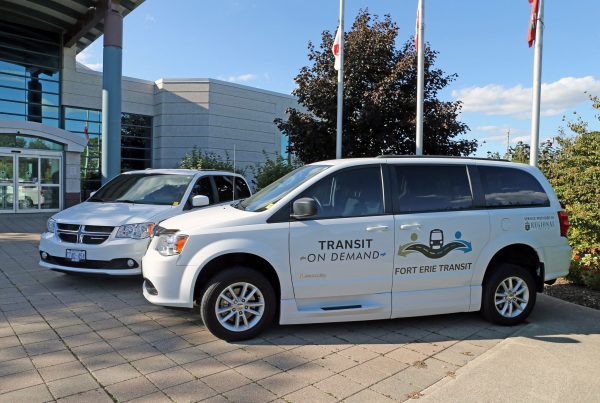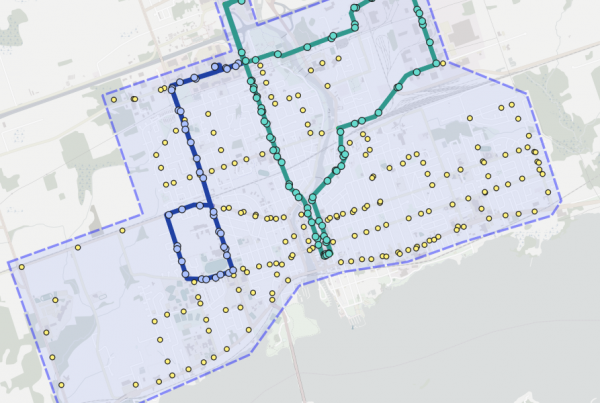Uber just cannot seem to stay out of the news and the city of Toronto seems to be fertile ground for them to harvest attention. Already in December there was a day long, raucous protests by Toronto’s cabbies which swept the news cycle with images of taxi clogged streets and suspected Uber cars dragging a cab driver down a street as he landed blows against the car’s window. Enraged cabbies are now a global phenomena as in almost every city they watch helplessly as their monopoly on personal transportation is eroded by disruptive technology companies. But now public transit is being under threat of being “disrupted” by Uber.
UberHop, which began operating in Toronto on December 15, 2015 is a shuttle or carpool service; blogTO called it:”essentially a bus”. UberHop cars will collect 2-4 brave souls; who pay 5$ to be picked up in several neighbourhoods around Toronto and taken downtown. The announcement garnered front page articles in major newspapers, and much commentary online. Some people were sceptical, referring to it as a publicity stunt. Others like the Toronto Transit Commission (TTC) have already got their lawyers looking into possible breaches of their monopoly. Public transit operators might be a tougher nut to crack than taxis.
Despite all this interesting noise there are three reasons that we should all be underwhelmed by UberHop.
- This has been done before, and better. There are actually dozens of “pop-up shuttles,” “on-demand buses,” “private transit operators” and “ app-based carpools” operating around the world and especially in North American cities like San Francisco, Austin, Washington and Boston. Wherever there are technology companies and affluent commuters there are new players encroaching on public transit’s traditional territory. Uber might have more traction than all of those other guys but UberHop is not breaking new ground or even being particularly innovative compared to some.
- UberHop is not going to replace transit like it could replace taxis. It is now incredibly obvious that taxis are an endangered species thanks to Uber and its ilk. But Uber’s model is not going to replace or even threaten public transit. If UberHop survives, and other similar services occupy this new transport niche, they will more likely augment public transit rather than supplant it. Uber cannot move masses of people like actual transit can, they are two different services and models But if they cooperate, they could be complimentary with Uber and others acting as a “last mile” service bringing people to and from transit hubs.
- They are pushing the boundaries on acceptable disruption. Anyone trying to enter the transit sphere should be wary of falling into the same traps that killed Leap Transit, San Francisco’s luxury bus service that went bankrupt after being shut down by the state for illegally operating. Leap Transit is an easy whipping boy, their overly fancy buses barged onto the transit scene with a lot of fanfare, but most of the time their buses were empty. It is difficult to speculate on what will happen to UberHop. If it is a popular success, riders may rally to defend it. If it does not impress users, but enrages transit and municipalities, then UberHop could be quickly slapped down under lawsuits and regulations.
Time will tell, but right now UberHop can generate a lot of news and discourse but it is not going to disrupt very much or change personal transport for the masses. But we can see the larger trend: technology and business are colluding to change transportation for better or worse and it is happening right now in the streets of our cities.




